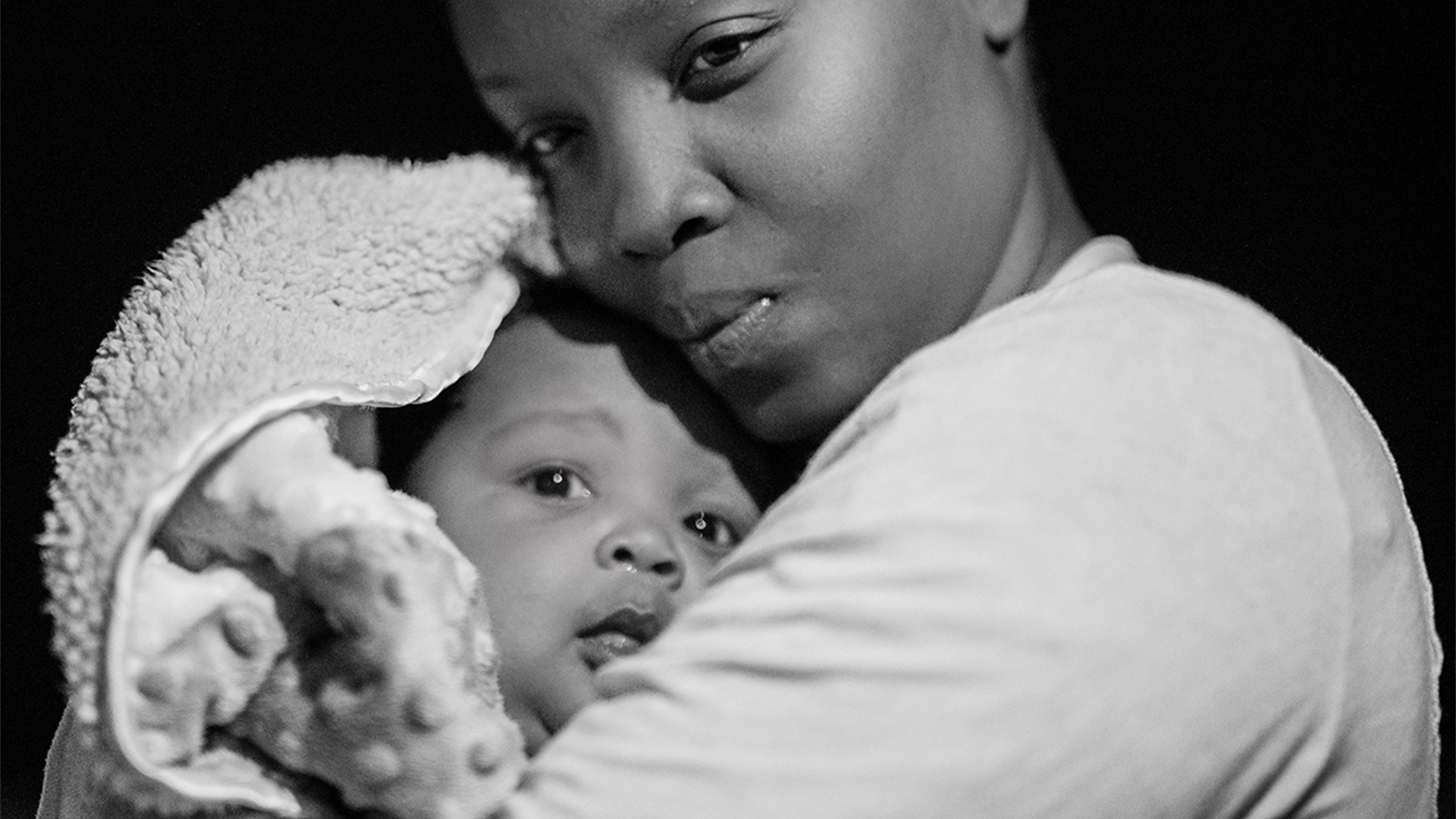My one-year-old daughter is indispensable to my life. I’m talking right now, apart from her future potential. This makes no sense. She is around two feet tall, weighs 22 pounds, and is chronically unemployed. She cannot discuss Houston sports with me, requires constant supervision, and enjoys hitting my face. I do not hesitate using that word to describe her, though: indispensable. Biblically, indispensable is exactly what people with disabilities are to the church. Not cute. Indispensable. In 1 Corinthians 12:21-22, Paul states, “The eye cannot say to the hand, ‘I don’t need you!’ And the head cannot say to the feet, ‘I don’t need you!’ On the contrary, those parts of the body that seem to be weaker are indispensable.”
The parts of the body of Christ who cannot seem to pull their own weight are the ones explicitly named as essential. In direct contradiction to what we would expect from a worldly perspective, those in the body who have autism or Down syndrome or cerebral palsy are necessary for the church to function properly. Why are “those parts of the body that seem to be weaker” so vital to the church’s health and mission? God has a purpose for them as a part of his body.
What is that purpose? Here are four brief reasons people with disabilities are indispensable to the church, four ways they can concretely serve and edify the able-bodied and the neurotypical.
People with disabilities remind the less-disabled of their need
Despite there being zero humans in the world without problems and sin in their lives, many churches incredibly have a large number of people who have few problems and no apparent serious sin! John called us out on that a while ago: “If we claim to be without sin, we deceive ourselves and the truth is not in us” (1 John 1:8). To have people with visible or noticeable disabilities as a part of the community helps break the ice of false perfection and breaks down the idol of external respectability. After all, there is not really a clean break between disabled and non-disabled. Every human has some level of disability (spiritual and emotional disabilities are serious business, too) because of their own sin and the sin-marred world we live in. Those who trust in Christ are “objects of mercy” (Rom 9:23), broken people who rely on God’s mercy to lift us out of our brokenness. The presence of people with disabilities reminds those who are “less-disabled” (and maybe even just “less-visibly-disabled”) of these things.
Christians’ paid work, in particular, is to be done in community with those in need and for the benefit of those who cannot provide for themselves. Again, the apostle Paul: “Anyone who has been stealing must steal no longer, but must work, doing something useful with their own hands, that they may have something to share with those in need” (Eph 4:28). Supporting those in need is not an optional add-on to achieving one’s financial goals. It is the Christian’s primary financial goal. In this way, one’s paid (and even unpaid) work is ennobled with a holy financial purpose. Working while in relationship with folks with disabilities is at the very least a living, breathing reminder that there are many in our communities who need the financial support of others to live. My grandfather used to say, “Until you have a kid, married couples are just playing house.” The working, earning, and living calculus changes when there is a dependent in the family. The same is true of the church family.
God uses people with disabilities to sanctify the less-disabled
Paul’s discussion in 1 Corinthians 12 of the different parts of the body comes in the context of discussing the spiritual gifts and the mutual sanctifying work they are given for. He ends it by saying, “God has put the body together, giving greater honor to the parts that lacked it, so that there should be no division in the body, but that its parts should have equal concern for each other” (vv. 24-25). The parts that lacked honor in the world, the parts that “seem to be weaker” are vital for the body of Christ’s corporate sanctification, for its members growth in love for one another, love being the most fundamental Christian virtue. I have experienced this first hand working at The Brookwood Community, a residential community for adults with intellectual disabilities outside of Houston. It is sanctifying being around these friends for two reasons: 1) their simplicity, vulnerability, and transparent desire for friendship and connection are contagious. This goes beyond warm fuzzies and becomes formational; I’ve seen this in myself and in my colleagues, from our CEO to our facilities workers to our teachers. Also, 2) these relationships require patience, forbearance, and perseverance. Verbal communication might be at a minimum. Or yelling might be at a maximum. It’s not always easy, but it’s sanctifying.
We experience Christ through “the least of these”
This final reason is more of a mystery than anything else, but this article would be remiss to not mention that people with disabilities are indispensable to the body of Christ because Christ identified himself directly with “the least of these.” In this, he means the ones in the church’s midst who are in need of extra care, the parts who “seem to be weaker.” Christ’s presence — wherever we find it — would be the definition of indispensable. People with disabilities are indispensable to the church’s health and mission. I was discussing this topic with a local special needs ministry director who has a child with disabilities, and he pointed out the blessing that child has been to his family. Of course, there are added difficulties in life with a child with disabilities. It would be difficult to overestimate those difficulties. However, that child — through their very disability — brought the family closer together, trained the other kids to be caregivers, and brought a unique sense of joy to the table, among other things. That father and ministry director went on to note that the same can and should be the story of the church and its members with disabilities. This oft-forgotten part of the body has unique gifts to give. Indispensable ones, even.

